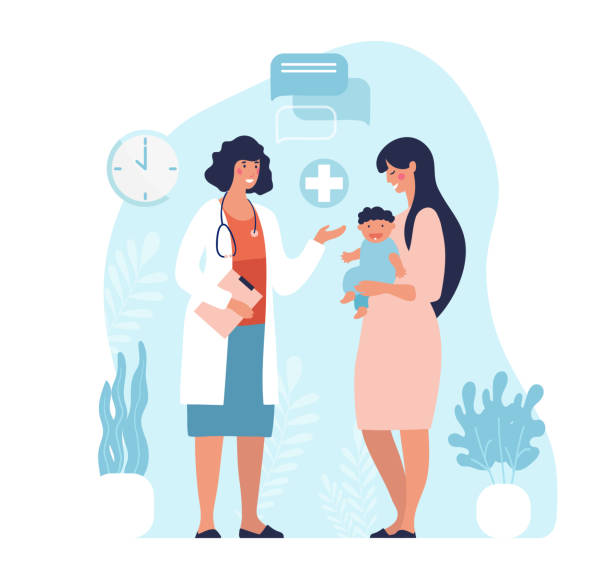The COVID-19 pandemic had a profound impact on Medicaid spending and enrollment across the United States. In 2023, as states unwind the continuous enrollment provision established during the early stages of the pandemic, millions of Medicaid enrollees are at risk of losing their coverage. This presents unique challenges for single mothers, who often rely on Medicaid to ensure healthcare access for themselves and their children. In this article, we will explore the evolving landscape of Medicaid and provide valuable tips for single moms to navigate these changes effectively.
Understanding the Medicaid Landscape in 2023
Medicaid, the joint federal and state program that provides health coverage to low-income individuals and families, experienced a surge in enrollment during the COVID-19 pandemic. The federal government introduced continuous enrollment provisions to ensure stable coverage, allowing people to maintain their Medicaid benefits even if their circumstances changed. However, as the pandemic wanes and the nation shifts its focus, states are phasing out these provisions, putting many enrollees at risk.
Challenges Facing Single Moms
Single mothers are particularly vulnerable to these changes. They often rely on Medicaid as a vital lifeline for their family’s healthcare. Without this coverage, access to essential medical services can become uncertain, causing stress and worry.
Tips for Single Moms Navigating Medicaid Changes
- Stay Informed: Knowledge is your best ally in navigating these changes. Stay updated on the latest Medicaid developments in your state by following official government websites, news outlets, or reaching out to local community organizations.
- Recertify on Time: It’s crucial to complete the recertification process as soon as you’re eligible. Timely recertification helps you avoid coverage gaps and ensures that you and your children remain eligible for Medicaid.
- Seek Assistance: Reach out to local social service agencies, community organizations, and Medicaid enrollment specialists who can help you navigate the application and renewal processes. They can provide valuable guidance and support during this challenging time.
- Explore Alternative Health Coverage: Research other healthcare options available in your area, such as state-based health insurance exchanges or programs specifically designed to assist low-income individuals and families.
- Advocate for Yourself: If you encounter challenges or face difficulties in maintaining your Medicaid coverage, don’t hesitate to advocate for yourself. Contact your state representatives and express your concerns about the potential loss of coverage.
- Budget Wisely: Single mothers often have limited financial resources. Develop a budget that prioritizes essential expenses, including healthcare, to ensure you can manage any potential changes in your Medicaid coverage.
- Prioritize Preventive Care: While navigating these changes, don’t neglect your family’s health. Prioritize preventive care, such as regular check-ups and vaccinations, to keep you and your children healthy.
- Connect with Support Networks: Join support groups or networks for single mothers in your area. These communities can offer emotional support, advice, and shared experiences to help you navigate the challenges of the post-pandemic Medicaid landscape.
The evolving Medicaid landscape in 2023 presents unique challenges for single mothers who rely on this vital program for healthcare coverage. By staying informed, seeking assistance, and advocating for yourself, you can navigate these changes successfully and ensure that you and your children continue to have access to the healthcare you need. Remember that you are not alone; there are resources and support available to help you through this transition.



